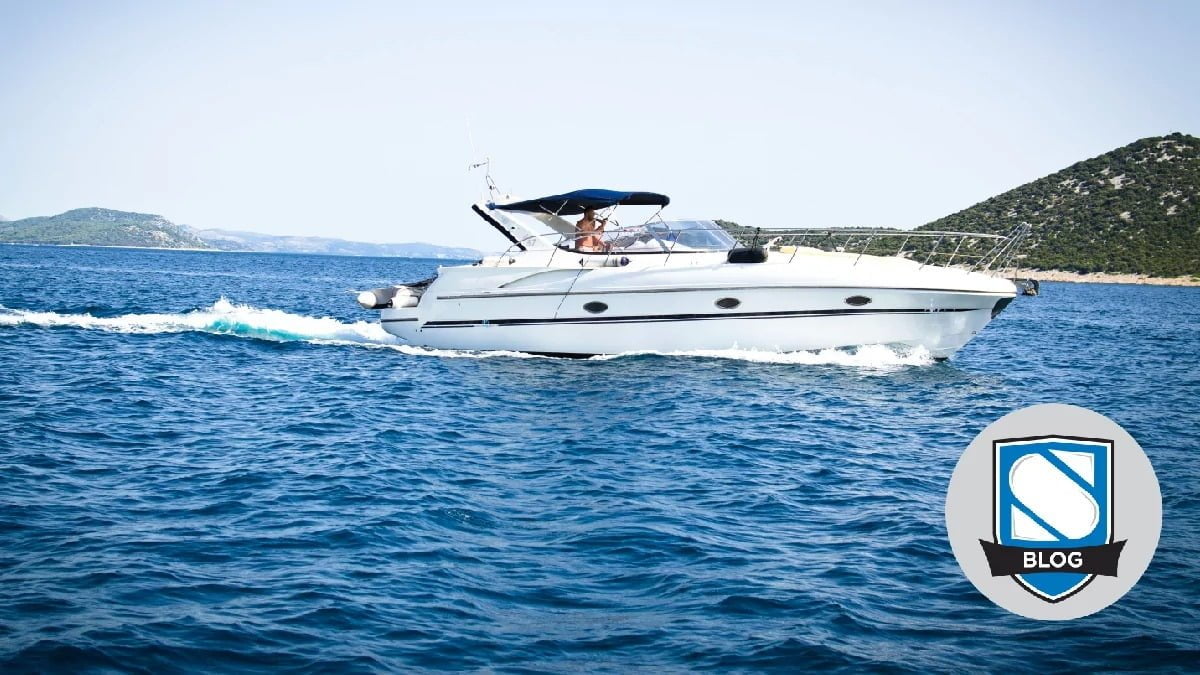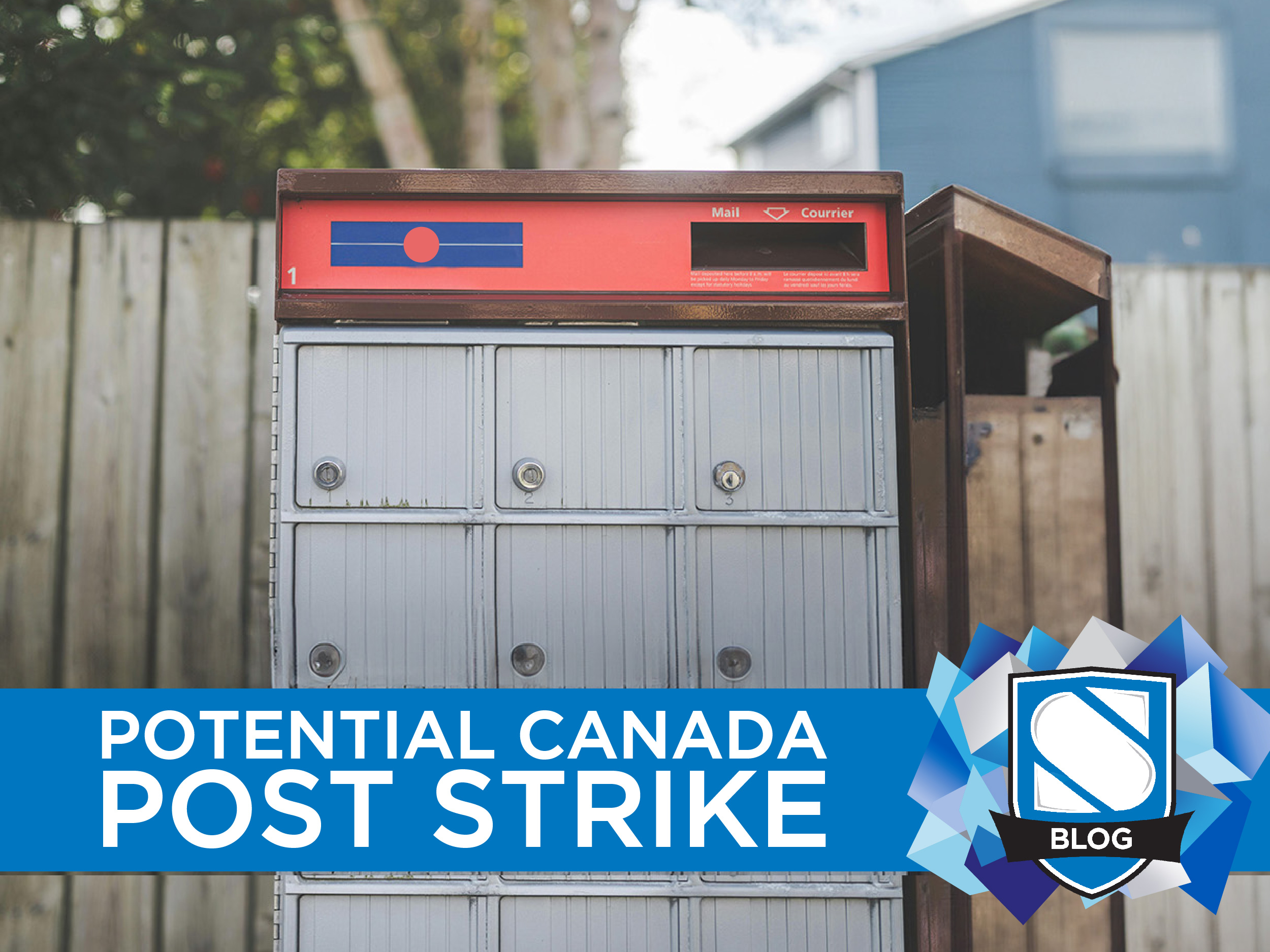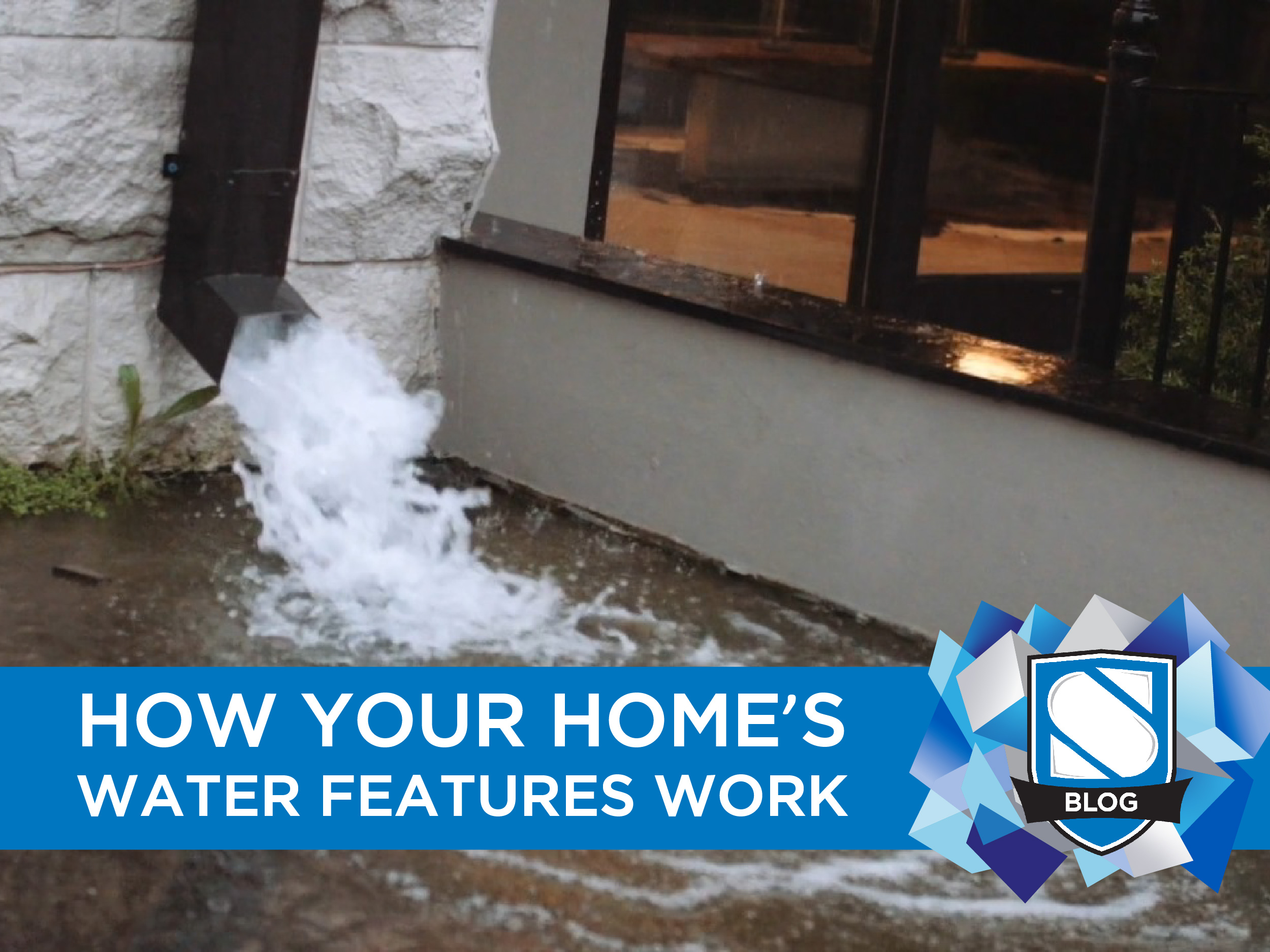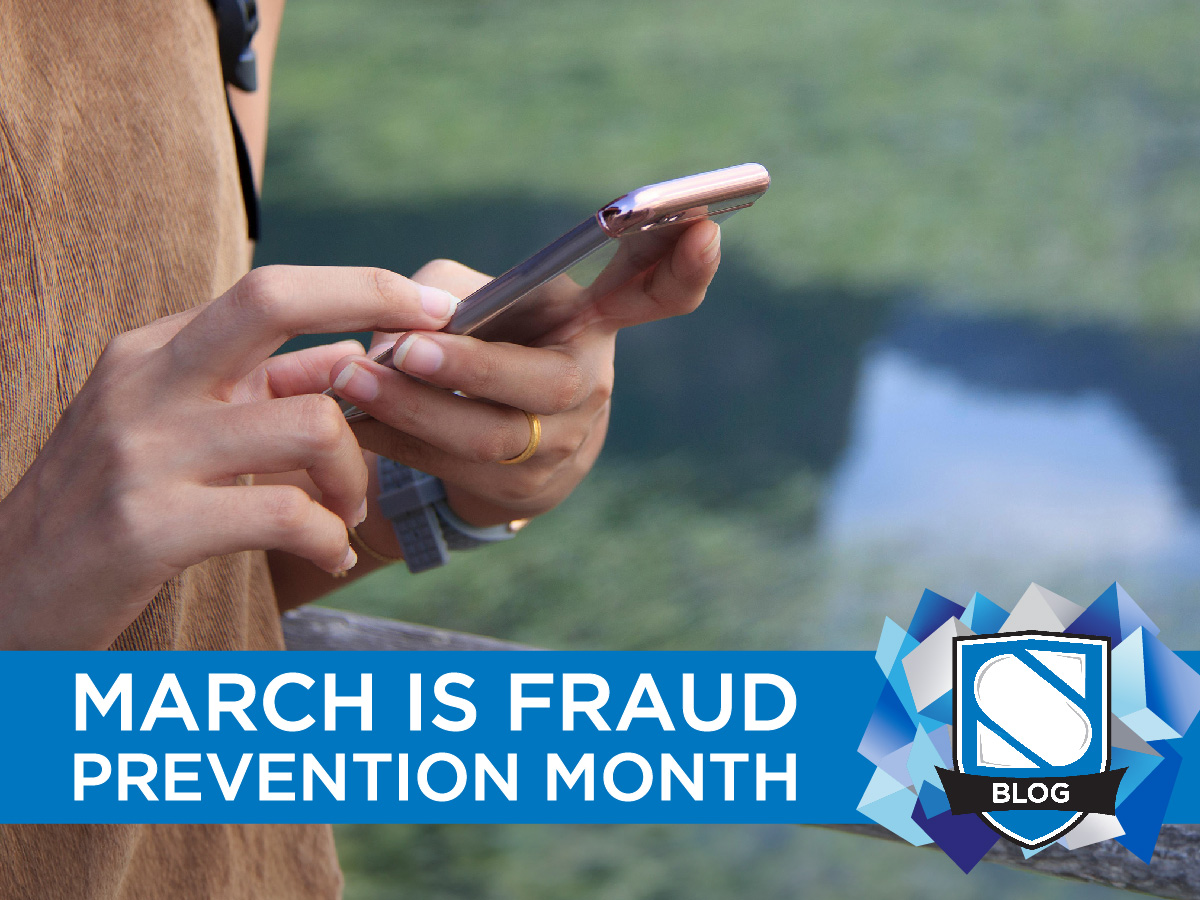It’s almost time to make waves again! The short wake of boating season typically begins in May and goes until September when the water temperatures dip too low to bear. Many recreational boaters in southern Ontario get started around Victoria Day long weekend (May 22-24) when the weather is more consistent and lake waters rise to acceptable Canadian levels.
Whether you’re hitting one of the Great Lakes or smaller inland options in Ontario, we’re here to help you get the most out of your time on the water. Keep these key tips in mind as you get the boat started this season.
- Take a safety course. Whether you’re a new boater or a seasoned boating veteran, it’s always a good idea to brush up on boating safety. Here are a few places to find courses:
Canada Safe Boating Council | Boaterexam.com
- Schedule a vessel safety check. Before you launch your boat this year, you can get a free vessel safety check from Transport Canada. A Vessel Examiner will inspect your vessel, make recommendations, and discuss certain safety issues to ensure you’re ready for a safe boating season. For more information, visit: Transport Canada
- Check your vessel and equipment. Make sure your boat is safe and operating at peak efficiency before you get out on the water. You’ll want to:
- Know where important equipment is located, such as life jackets or throwable flotation devices, a horn or sound-producing device, fire extinguishers, a carbon monoxide detector, and flares or other visual distress signals.
- Make sure your boat horn can emit a four-second blast that is audible for half a mile and attach a whistle to each personal flotation device.
- Check the electrical systems and lighting equipment, including navigation lights, to make sure they’re working correctly. Bring a flashlight with extra batteries, just in case.
- Check the bilges and pump them dry if water is present.
- Make sure your boat drain plug is inserted.
- Keep a basic toolkit on board for emergencies.
- Keep an inventory of spare parts such as fuel and oil filters, spare belts, oil, and coolant.
- Make sure you have enough life jackets for everyone aboard. Check your provincial laws to see what’s required, and replace them when they are no longer usable. For more guidance on the different types of life jackets and PFD’s, click here.
- Check the boat’s ventilation. If you smell fuel before ventilating, run the blowers for several minutes and recheck before starting. If you still smell fuel, shut down the engine and look for the source of the leak. Make sure this is repaired before you head out on the water.
- Check the weather report. Before you depart shore, make sure the weather will cooperate with your plans. Check the weather forecast for your navigation route and destination.
- Share your float plans. It’s important that someone who’s not with you knows where you’re headed. Share your plans with a family member, friend, or Transport Canada.
- Welcome friends and family aboard but insist they know the rules. Make sure all guests board and exit the boat when the engines are off, and stay away from the propellers when they’re on or idling. Give each guest a floatation device and familiarize them with the boat’s operations and safety equipment. Discourage them from swimming in the marina, as stray power in the water could be an electrical shock hazard.
- Keep important papers on the boat. Make sure you have your vessel’s paperwork, radio and boating licence, fishing permit, and any charts for the areas you intend to visit on board before you head out. Pro tip: Keep them in a water proof (Ziploc) bag to ensure they’re dry.
- Carry aboard the essentials. You’ll want to keep these items on board, every time you go out:
- Sunscreen
- Sunglasses
- First-aid kit
- Extra clothing
- Towels and blankets
- Hand sanitizer and masks
- Mirror
- Cell phone with a charger
- Binoculars
- Rechargeable battery brick
Staebler is fluent in floatation. We know our way around boats and can help you with insurance solutions to ensure it’s safe, secure, and fun summer ahead! Ahoy!
Thanks to our insurance partners at Chubb for contributing ideas, tips, and resources to this blog.
. . .
Staebler Insurance is a general insurance broker specializing in auto insurance, home insurance, small business, and commercial insurance. Staebler brokers proudly serve Kitchener, Waterloo, Cambridge, Guelph, Stratford, Wellington County, Listowel, Fergus, Elora, and southern Ontario. Click here to get started today.














0 Comments